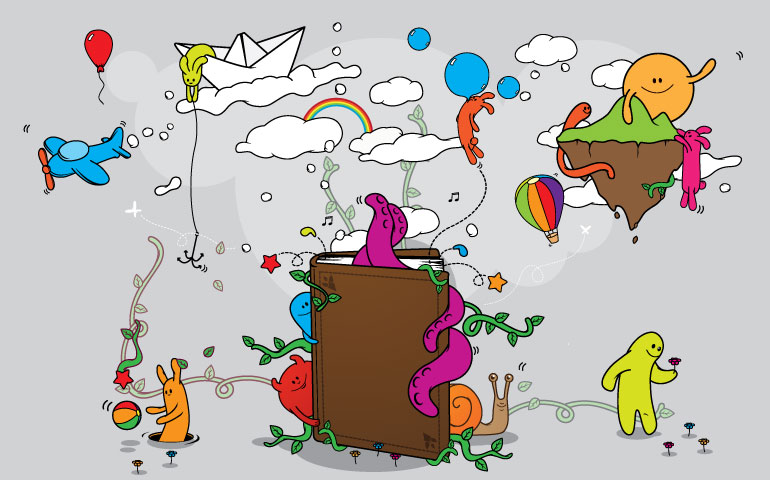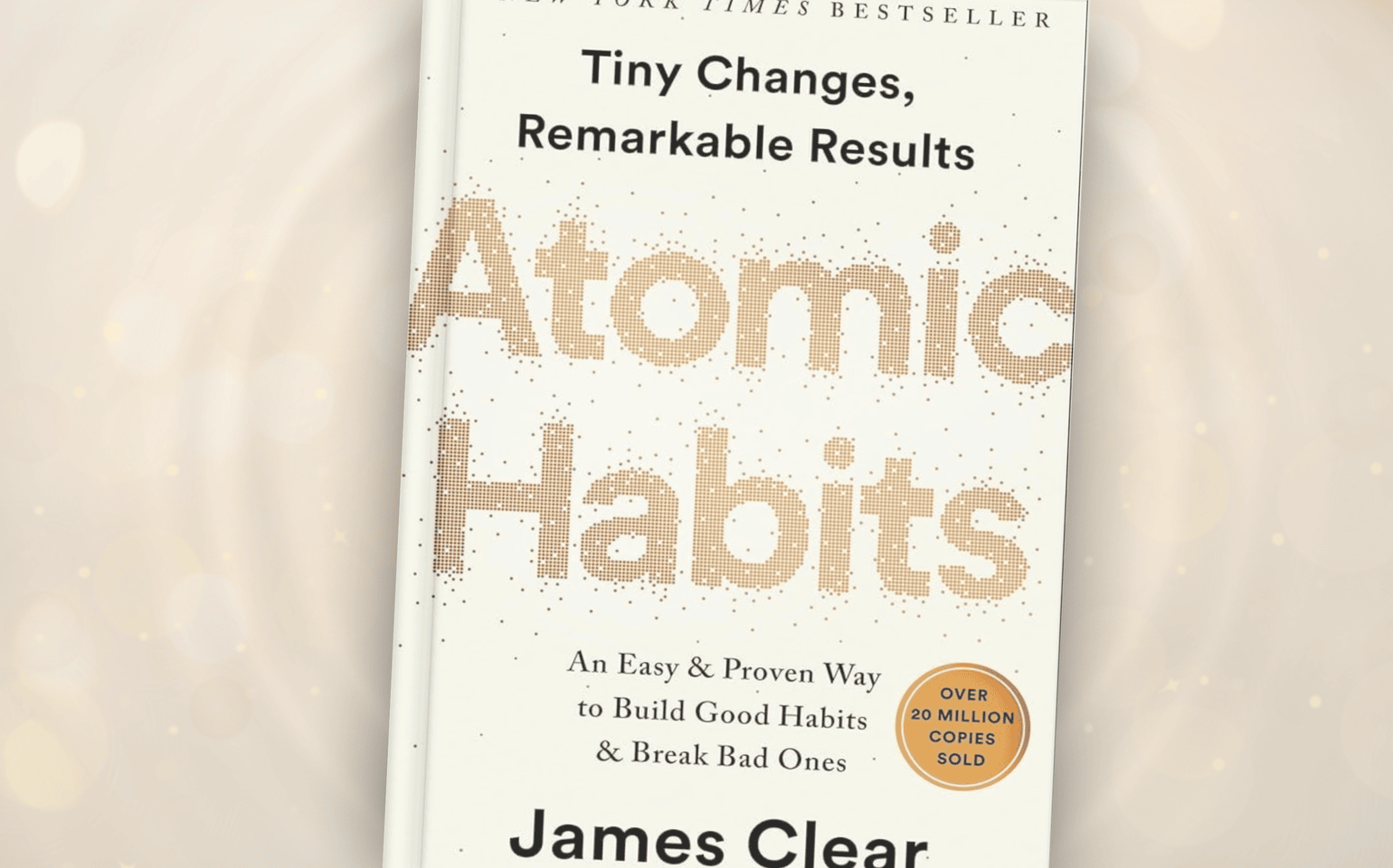
Teenagers Who Don’t Read are Missing Out
When was the last time you read a book? We all get that reading is good for you, but it’s often viewed as a drudgery since it takes time and patience to even develop this habit. However, to bookworms, joy is the smell of books and the adventure it takes them on. American academic and past Harvard president Charles William Eliot once said, “books are the quietest and most constant of friends; the most accessible and wisest of counselors, and the most patient of teachers.” Although you might not agree for now, here is why.
Reading Takes You On an Adventure!
When speaking of an adventure, many of us think of a vacation, but you can’t constantly buy plane tickets or go out. The better option? Books! They can take you anywhere and everywhere! From a school of witchcraft (Harry Potter by J.K Rowling) to a juvenile corrections camp (Holesby Louis Sachar), it introduces you to a variety of different people, places, and things in a matter of a few pages. To me, this is the most sensational experience!
Your imagination and creativity also expand when you translate the text into images, ideas, and more in your head. Some theorists believe this is a way to develop and “exercise” your right brain.
As clichéas it sounds, one thing books taught me is that excitement could also be the little things in life which people usually forget about. For example, aren’t birches turning golden (Anne of Green Gables by Lucy Montgomery) also something to appreciate?
Reduce Stress
Everyone faces stress, whether it’s an upcoming math quiz or starting a new grade. It can cause harmful damage to your physical and mental health.
Among all traditional relaxation methods (listening to classical music, meditation, etc.), research conducted by the University of Sussex suggested that reading is the best, reducing one’s stress by up to 68%.
This is perhaps because engaging your mind in words is an escape from all of your worries. Your brain will then have enough time to “heal” and rejuvenate for the future. During the week before my EQAOs, a language and math assessment for students in Ontario, the teacher recommended that we stay away from “distractions.” In my free time, I decided to read, which made studying feel fresh each time.
Reading Teaches Life Long Lessons
Even though reading is a great way to improve your literacy skills and gain other knowledge, there are so many other important things to learn and take away for a lifetime. By that, I mean those that build up to one’s characteristics and virtues. When you read about someone else’s experience, you can always take what they learned in the story and apply that to your own life if needed.
During the summer, I read a book called Bitter Chocolateby Mirjam Pressler. It’s mainly about a girl with an eating disorder, struggling with self-acceptance during adolescence.
Through meeting the love of her life, she noticed that she doesn’t need to hate herself and isolate herself from the rest of the world. Inspired by her, I decided to become more open and confident with myself during summer school and making friends had never been this easy for me.
Hopefully, this article will change your attitude towards reading and encourage you to open a book. If you don’t read much, my two suggestions for you are to read about what interests you the most (maybe sports, robots, school life, etc.), and make sure it matches your reading level. It’s a building process, it may be dull and boring at first, but after a while, these benefits will automatically come to you and become part of your life. Let the journey begin!
Reference: Reading ‘can help reduce stress’. (2009, March 30).



